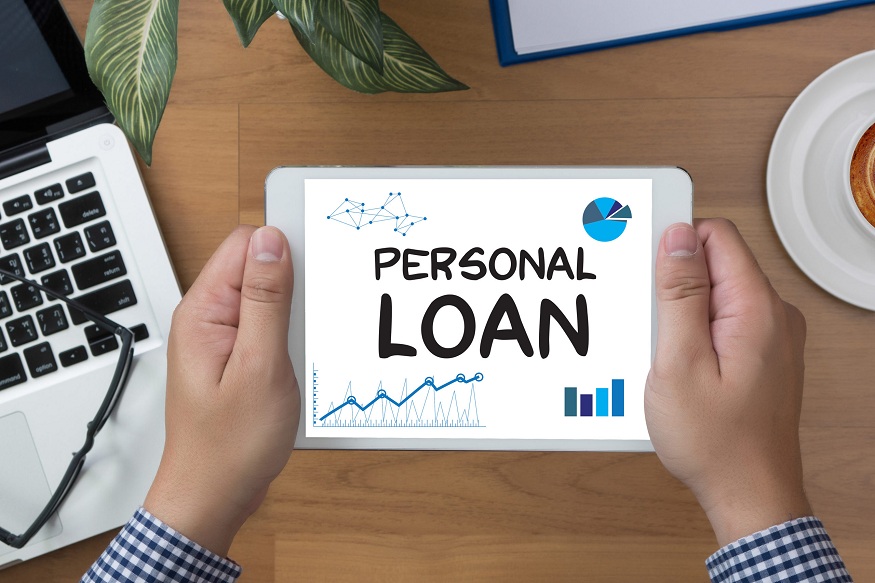If you have ever visited a branch of your financial institution to request financing, you probably had to explain the reason for this request and the intended use of the funds. Answering this question can be worrying, because you don’t want to risk approval, especially in difficult situations. Although honesty is always the best idea when it comes to loan applications, lying could land you in a worse financial situation. To learn more about personal loans , find the best reason to give when applying for a personal loan, and common uses for personal loans, keep reading!
What is a personal loan?
A personal loan is a form of financing. You borrow any amount of money and you have to repay it over a pre-determined period. In addition to the amount, you obviously have to pay interest and applicable fees. The term of a personal loan tends to be short to medium with varying interest rates. The extended interest rate depends on the lender and the financial status of the borrower. Once a borrower is approved for a loan, they begin making installment payments that include both interest and principal amounts. Generally, a personal loan is requested for specific reasons or projects. This can be to pay debts, do renovations, etc.
The best reason to give when applying for a personal loan is simply the real reason. Tell the truth. Ultimately, it won’t benefit you or the lender to lie, so transparency and honesty are key. Lenders may seem intimidating from the outside, but in most cases they want you to reach your financial goals with their help. If you lie, it will be difficult for lenders to help you achieve your goals because they won’t have a clear idea of your plans and needs to work on.
Common reasons for taking out a personal loan
Personal loans are not limited to a specific purpose like a mortgage loan or a car loan. One can request one for personal reasons. For this reason, the potential uses for a personal loan are essentially endless. However, there are common themes for using personal loans. Here they are below.
To consolidate debt: If you have credit card debt or other high-interest debt, you can use a personal loan to pay it off, often called debt consolidation . The goal is to get a lower interest rate and get out of debt.
For an unexpected expense: Sometimes life is full of surprises, surprises that come with a price to pay. If you have an unexpected loss of income, an urgent home repair, or another unexpected expense that can’t wait, using a personal loan to cover the costs can be a good solution.
To renovate your house: Using a personal loan to finance a home renovation is a great option. To repair your car: Sometimes it happens that you have an unexpected mechanical breakdown on your car. A personal loan can allow you to cover the costs quickly.
When is it a bad idea to take out a personal loan?
As we’ve had a chance to look at common and reasonable uses for personal loans, it’s time to consider when using a personal loan is a bad idea. In some cases, using a personal loan could cause you more financial hardship, as discussed below.
To pay tuition fees: Because there are dedicated student loans for this purpose, using a personal loan is not the best solution. Student loans tend to have lower interest rates and favorable repayment terms, so it’s in your best interest to use one.
To finance a car purchase: There are car loans . It therefore makes much more sense to make a loan of this type than a personal loan.
To pay for a vacation or a wedding: Using a personal loan for a one-time occasion is one thing, but using a personal loan to finance an annual vacation is not a good idea. It is best to save money for vacations to preserve your financial situation.
To buy something over your budget: While a personal loan can be a useful tool to cover the cost of an emergency or unexpected expense, it’s important that you can afford to keep up with the payments. Taking out a loan that will only put a strain on your finances is never a good idea. Be reasonable and save so you can afford the expense.




